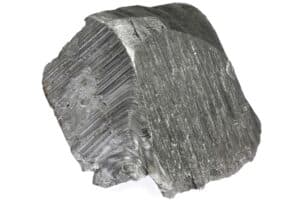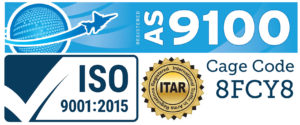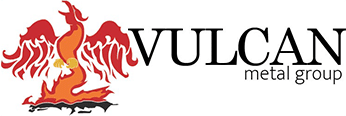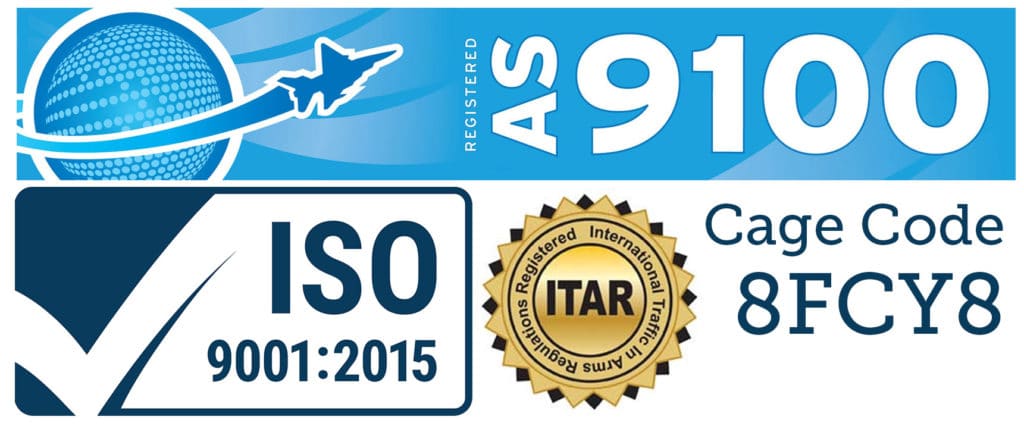Niobium Suppliers

Niobium (or Columbium) is a chemical element with the symbol Nb (formerly Cb), and an atomic number of 41.
Niobium Properties and Appearance
Niobium is a light grey, crystalline, and ductile transition metal. The addition of Niobium produces a ductile metal with a hardness similar to titanium. Niobium has a soft gold luster and is part of the corrosion-resistant, high-temperature, and refractory alloy groups. Niobium is soft, ductile, and malleable and improves the performance of several metals when combined.
Find out more about Corrosion Resistant Alloys
Niobium Applications
Due to its low density, Niobium is ideal in aircraft jet engines, rockets and chemical processing applications. It is hypoallergenic, making it useful in the medical and pharmaceutical industries. It is used in jewelry as a hypoallergenic alternative to nickel. Niobium has a layer of oxide on its surface and oxidizes very slowly. Niobium is also used in various superconducting alloys. It also used in superconducting magnets for particle accelerators, MRI scanners and NMR equipment. Niobium oxide compounds allow corrective glasses to be made with thinner lenses. Niobium is used in alloys including stainless steel to improve strength, particularly at low temperatures.
Other examples of Niobium applications are:
- Medical
- Welding
- Sputtering targets
- Nuclear
- Electronics
- Optics
- Jewelry
Niobium Formats Supplied
Vulcan Metal Group supplies Niobium in foil, sheet, strip, plate, rod, bar, wire, tube, pipe, ring and billet. We can make custom machined and finished parts supplied to print from materials we supply.
Request a quote for Niobium or Contact us for more information on how Vulcan Metal Group can help you.

Niobium – Did You Know?
- It was named after a Greek goddess, Niobe, who was the Greek goddess of tears. Niobe was the daughter to King Tantalus, who inspired the naming of the element Tantalum. Niobium and Tantalum almost always occur side by side when in found.
- It was almost not discovered! John Winthrop discovered an ore in Massachusetts in 1734 and sent it to England. The mineral sat in the British Museum collection for years until it was analyzed in 1801 by Charles Hatchett. He discovered a new element in the ore and named it Columbium.
- The element was called columbium (symbol Cb) in the United States for about 100 years, while it was called niobium in Europe. In 1949, the International Union of Pure and Applied Chemistry compromised and officially adopted niobium as the element’s name.
- Nearly 80 percent of Niobium is used in the steel industry to create high-strength low-alloy steels. The use of Niobium in these alloys increases the steels’ mechanical and high-temperature strength, toughness, and corrosion resistance.
- According to the United States Geological Survey (USGS), nearly all niobium is mined in Brazil and Canada. The estimated amount of niobium in the Earth’s crust is thought to last for the next five centuries.
Your Title Goes Here
Niobium Properties Datasheet
| State at 20°C | Solid |
| Melting point | 2477°C, 4491°F, 2750 K |
| Boiling point | 4741°C, 8566°F, 5014 K |
| Density (g cm−3) | 8.57 |
Address
Vulcan Metal Group LLC
23888 Madison Street
Torrance, CA 90505
United States
Phone / Fax
Phone: +1 310.882.6841
Fax: +1 310.893.0579
Cage Code
8FCY8
Quality Policy: Vulcan Metal Group, LLC. supplies mission critical, special purpose materials, and products at a competitive price. The company’s quality system is registered to ISO 9001 and AS9100 and follows its principles for the governance of the business. An active continual improvement program and compliance with all applicable OSHA, federal, and state regulations is maintained.

